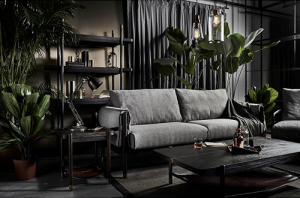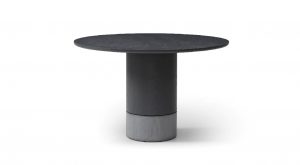Featured Post
Pro Tips on Maintaining Your Furniture's Longevity
Maintaining your furniture's longevity is essential to protect your investment and keep your home looking beautiful. In this article, you'll discover expert tips on assembling, cleaning, protecting, and maintaining your furniture. From dressers to dining tables, learn how to care for your pieces to ensure they last for years.
Proper Assembly
Proper assembly is crucial for the longevity of your furniture. When assembling a dresser, for example, follow these tips:
- Read the instructions carefully before starting.
- Use the right tools for the job.
- Tighten screws and bolts securely but not too tight.
- Check for any loose parts after assembly.
I once assembled a dresser without reading the instructions properly, and it ended up wobbling. I learned the hard way that taking the time to assemble furniture correctly is worth it.
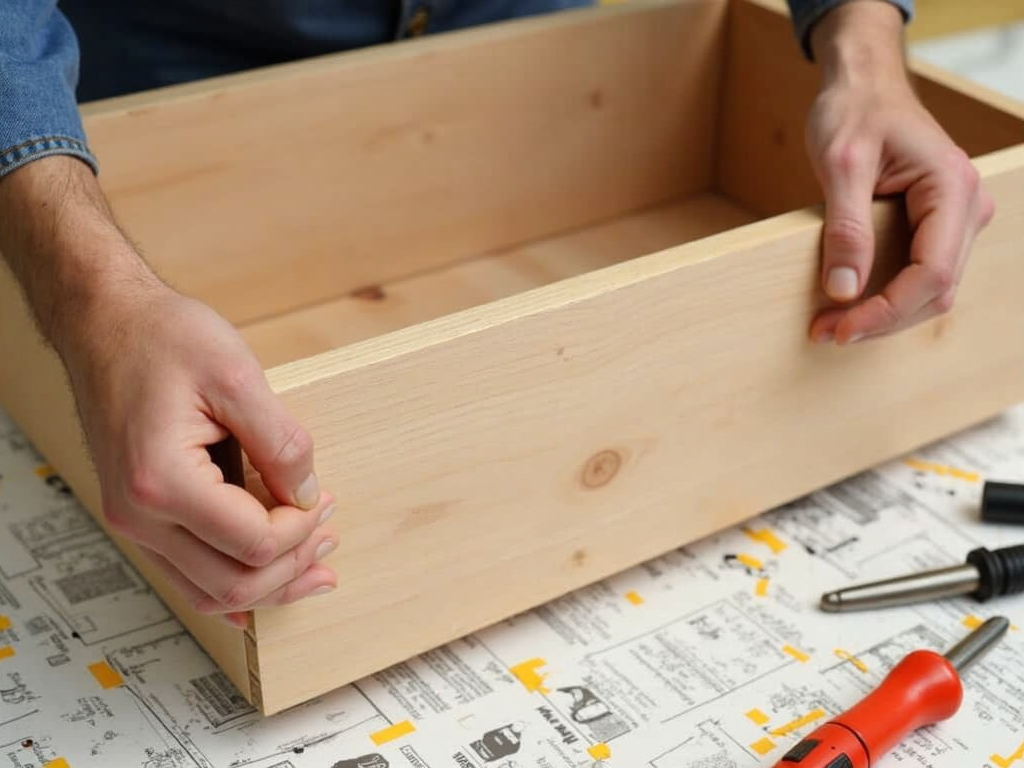
Cleaning and Care
Different furniture materials require different cleaning methods. Here's a table to help you choose the right method:
| Material | Cleaning Method |
|---|---|
| Wood | Dust regularly and polish occasionally |
| Metal | Wipe with a damp cloth and dry immediately |
| Fabric | Vacuum regularly and spot clean stains |
Regular cleaning is essential to keep your furniture looking new. For wooden furniture, dust it at least once a week and polish it every few months.
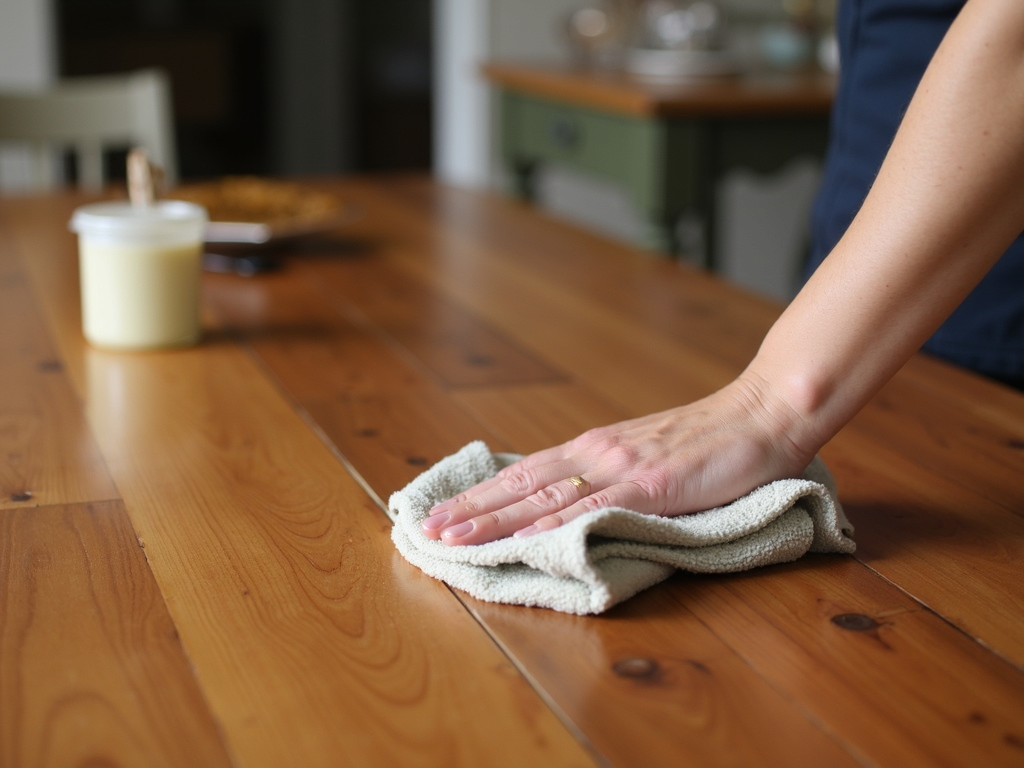
Protection from Damage
Protecting your furniture from damage is key to maintaining its longevity. Here are some tips:
- Use coasters under drinks to prevent water rings.
- Place tablecloths or placemats on dining tables to protect from scratches.
- Use curtains or blinds to block direct sunlight, which can fade furniture.
I once left a glass on my wooden coffee table without a coaster, and it left a permanent ring. Now, I always use coasters to protect my furniture.
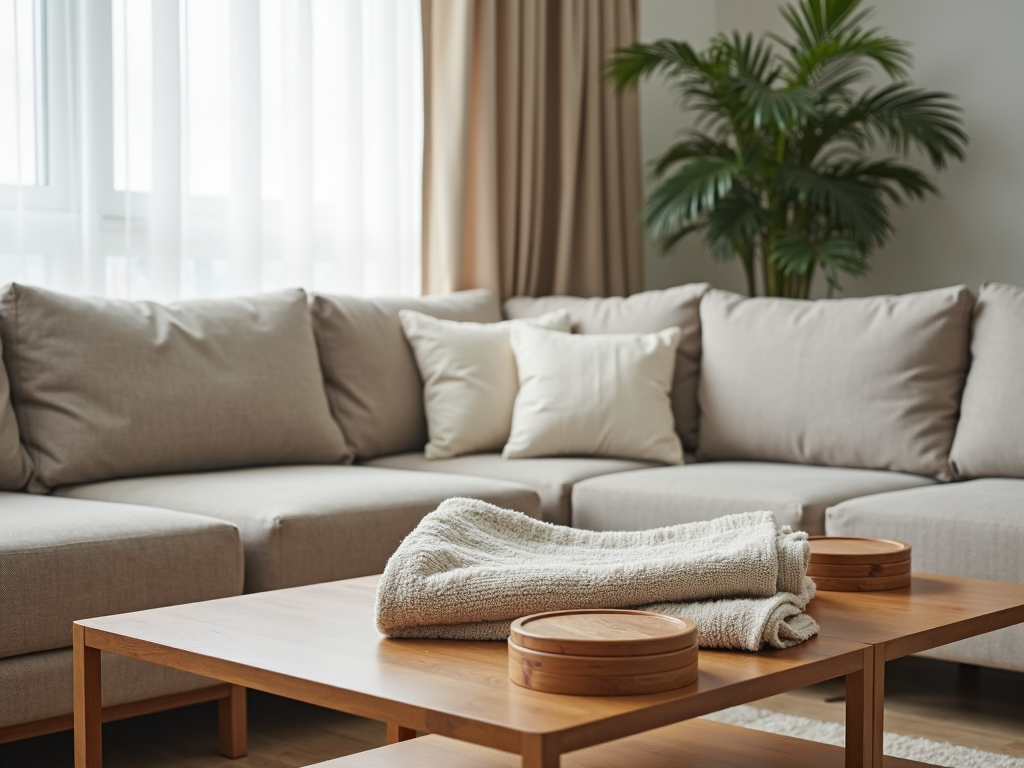
Regular Maintenance
Regular maintenance can prevent small issues from becoming big problems. Here are some tips:
- Check for loose screws and bolts every few months and tighten them if necessary.
- Look for any signs of wear and tear, such as scratches or stains, and address them promptly.
- For wooden furniture, apply a fresh coat of polish or wax every year to keep it looking new.
I make it a habit to check my furniture every few months and perform any necessary maintenance. It's saved me from having to replace pieces prematurely.
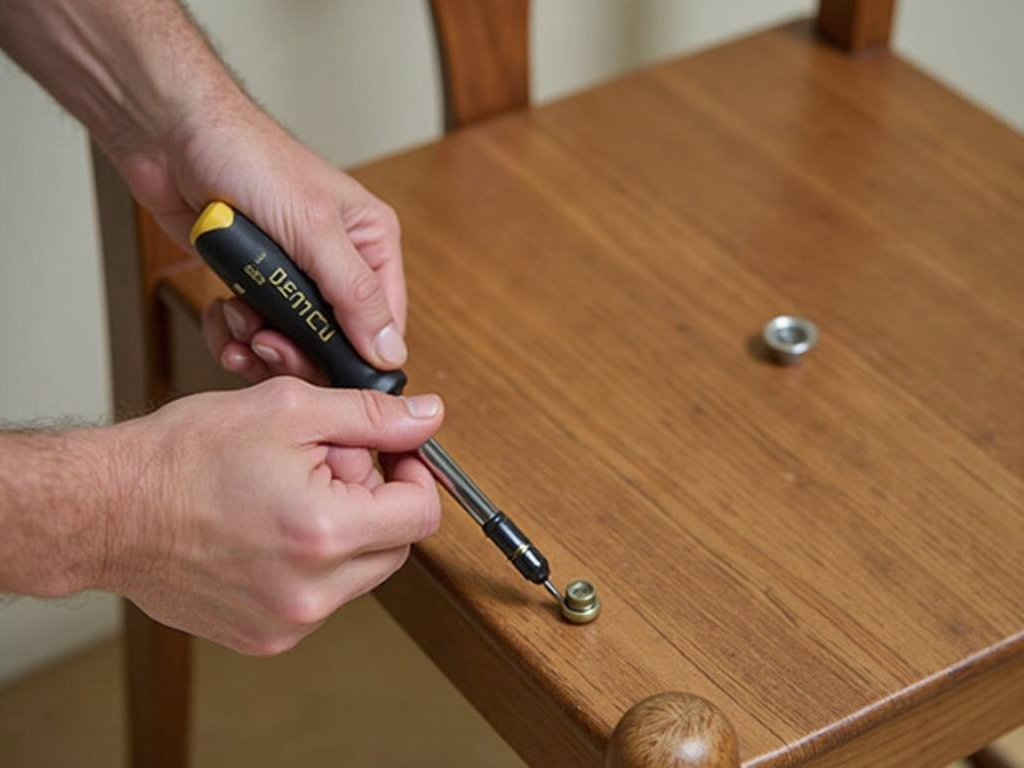
Summary
In summary, maintaining your furniture's longevity involves proper assembly, regular cleaning, protection from damage, and routine maintenance. By following these expert tips, you can keep your furniture looking new for years to come.


